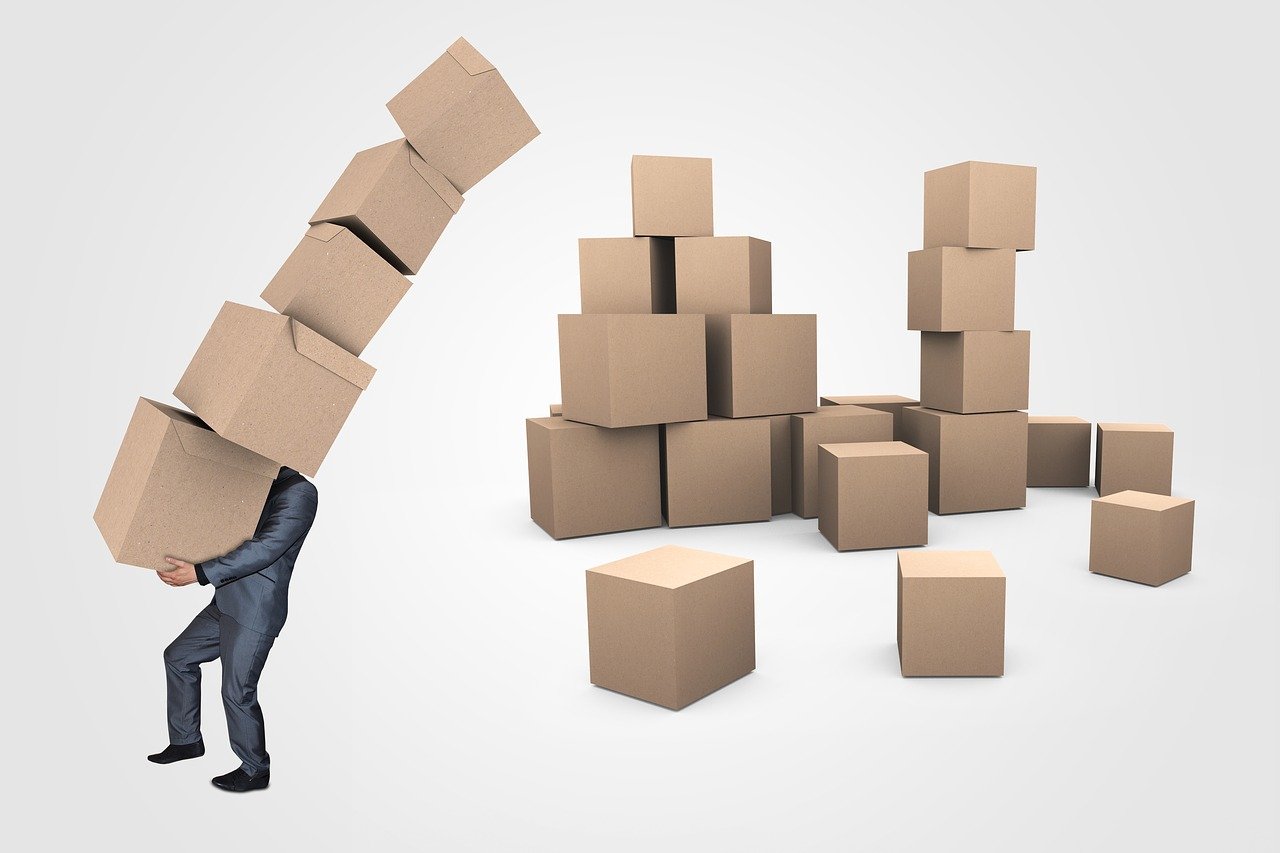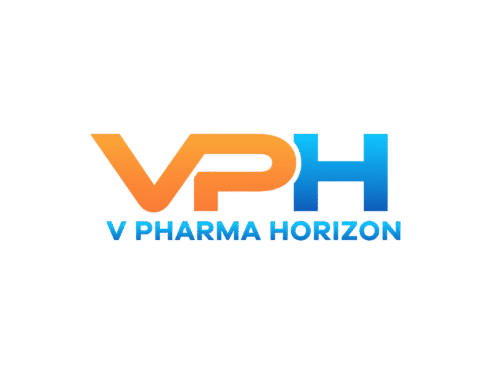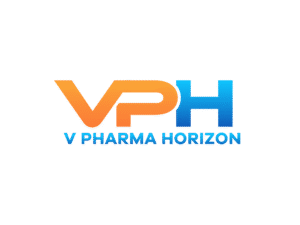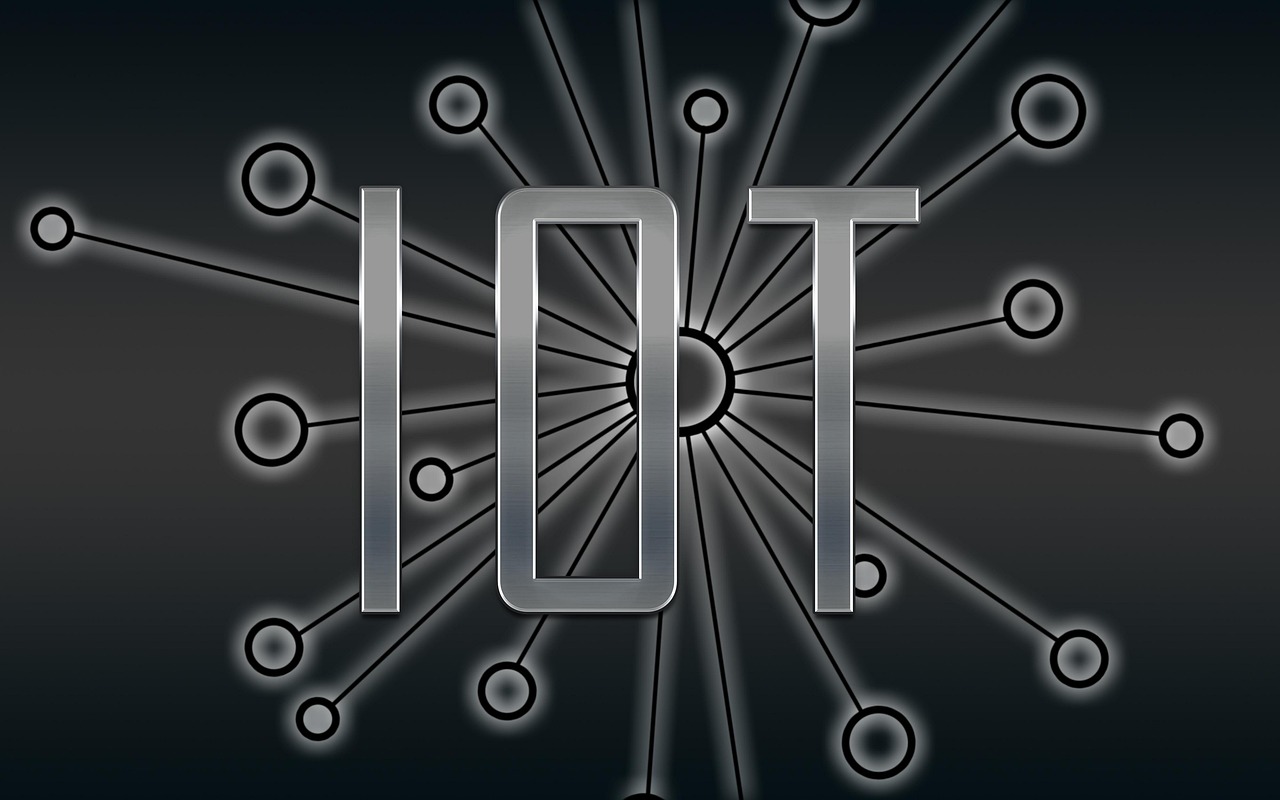AI and Predictive Analytics in Pharmaceutical Logistics
In an era where the pharmaceutical industry is under constant pressure to deliver life-saving medications swiftly, safely, and cost-effectively, logistics has emerged as a strategic priority. The convergence of artificial intelligence (AI) and predictive analytics

In an era where the pharmaceutical industry is under constant pressure to deliver life-saving medications swiftly, safely, and cost-effectively, logistics has emerged as a strategic priority. The convergence of artificial intelligence (AI) and predictive analytics is revolutionizing pharmaceutical logistics, enabling companies to streamline operations, minimize risks, and ensure compliance in increasingly complex supply chains.
The Complexity of Pharmaceutical Logistics
Pharmaceutical logistics is unlike any other sector. It involves transporting temperature-sensitive, highly regulated products across geographies, with stringent requirements for traceability, security, and real-time monitoring. The stakes are high—any lapse in storage conditions, delivery timing, or regulatory compliance can lead to compromised efficacy, legal consequences, and reputational damage.
Traditional logistics models, often reactive and siloed, are ill-equipped to handle today’s challenges. That’s where AI and predictive analytics come in.
Predictive Analytics: Anticipating Issues Before They Arise
Predictive analytics leverages historical data, real-time inputs, and statistical algorithms to forecast future outcomes. In pharma logistics, this means:
- Demand Forecasting: AI models can analyze prescription trends, epidemiological data, and seasonality to accurately predict product demand. This prevents overproduction or understocking, both of which are costly.
- Route Optimization: By analyzing weather patterns, geopolitical events, and traffic data, predictive tools can suggest the most efficient and risk-free routes for shipment.
- Risk Mitigation: Predictive maintenance of cold chain equipment and vehicles reduces unexpected breakdowns. AI systems also identify potential compliance violations before they happen, based on historical patterns.
AI-Driven Logistics: From Automation to Smart Decisions
AI adds an intelligent layer to logistics operations, enabling systems to learn, adapt, and optimize in real time.
- Real-Time Monitoring: AI-integrated IoT devices track conditions like temperature, humidity, and location during transit. Algorithms flag anomalies immediately, triggering corrective actions before damage occurs.
- Inventory Optimization: Machine learning models continuously adjust stock levels across warehouses and distribution centers, balancing availability with storage costs.
- Fraud and Counterfeit Prevention: Computer vision and blockchain, combined with AI, help identify counterfeit drugs and ensure the authenticity of pharmaceutical products throughout the supply chain.
Regulatory Compliance and Quality Assurance
The pharmaceutical industry operates in one of the most heavily regulated environments. AI and predictive tools can support compliance by:
- Automating Documentation: AI systems can automatically generate and verify shipping documents, certificates, and audit trails to reduce manual errors.
- Ensuring Traceability: End-to-end visibility powered by AI and advanced analytics helps track every unit from manufacturing to the end-user, which is crucial for recalls and quality audits.
- Supporting Sustainability Goals: AI can optimize transportation modes and packaging to minimize the carbon footprint without compromising quality.
Future Outlook: Toward Autonomous Pharmaceutical Logistics
The integration of AI and predictive analytics is paving the way for autonomous, self-correcting logistics networks in pharma. We’re approaching a future where:
- Drones and autonomous vehicles deliver emergency medications.
- Digital twins simulate entire logistics networks for real-time scenario planning.
- AI collaborates across partners in B2B ecosystems to manage global demand-supply shocks.
However, challenges remain—data privacy, model transparency, integration with legacy systems, and workforce training are all critical factors that must be addressed.
AI and predictive analytics are not just enhancing pharmaceutical logistics—they are redefining its very foundation. From predictive demand planning to AI-powered supply chain orchestration, these technologies offer unprecedented visibility, agility, and control. As adoption accelerates, the pharmaceutical industry is poised to achieve higher standards of efficiency, safety, and patient care than ever before.






